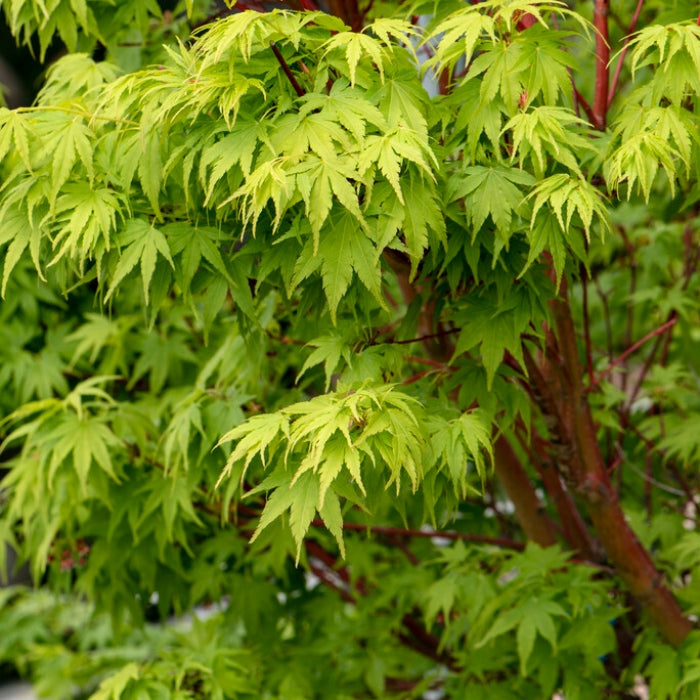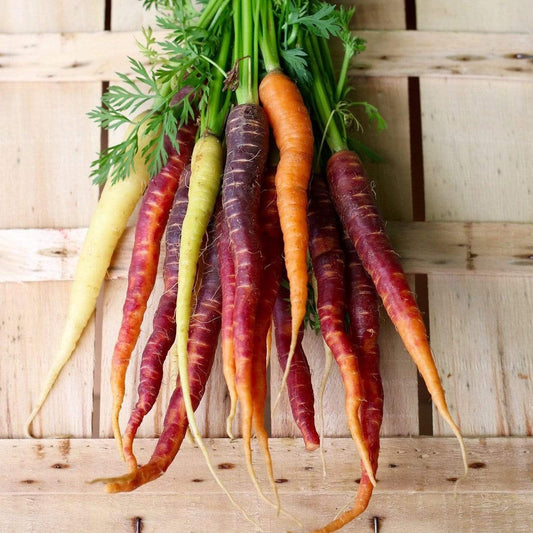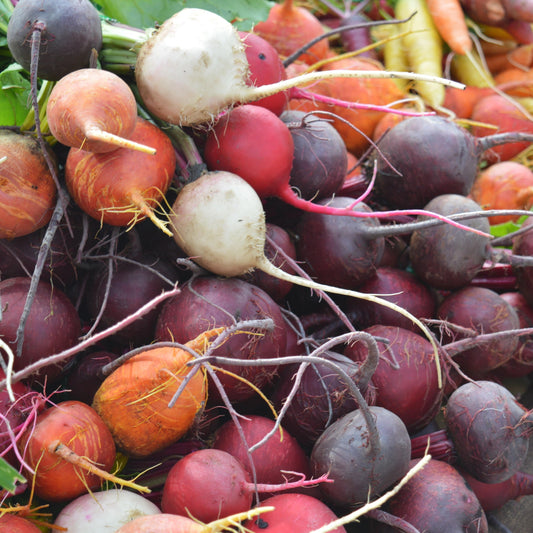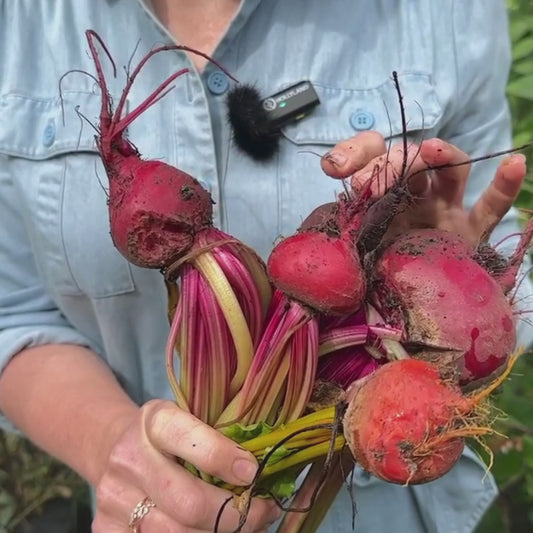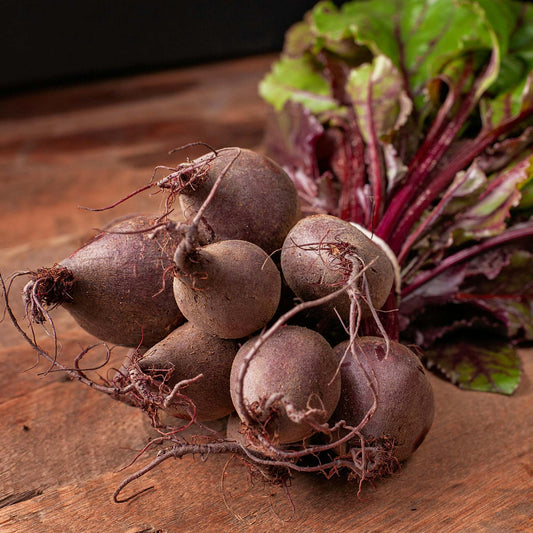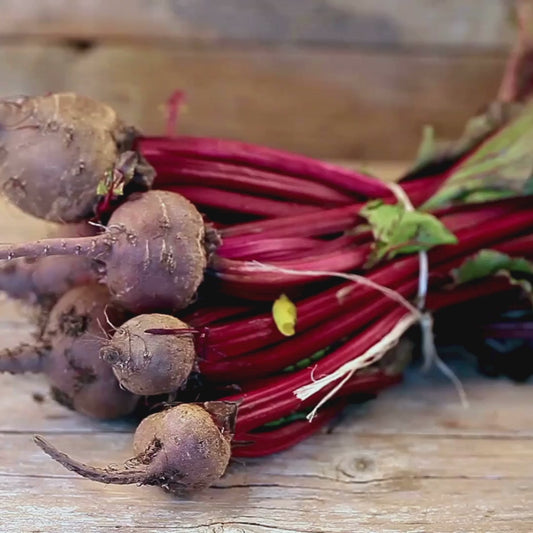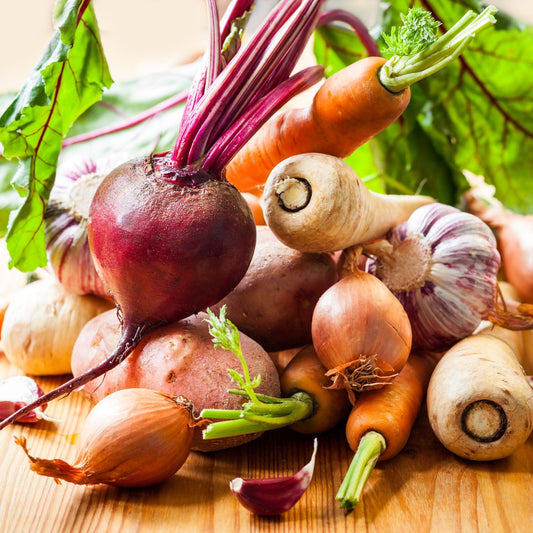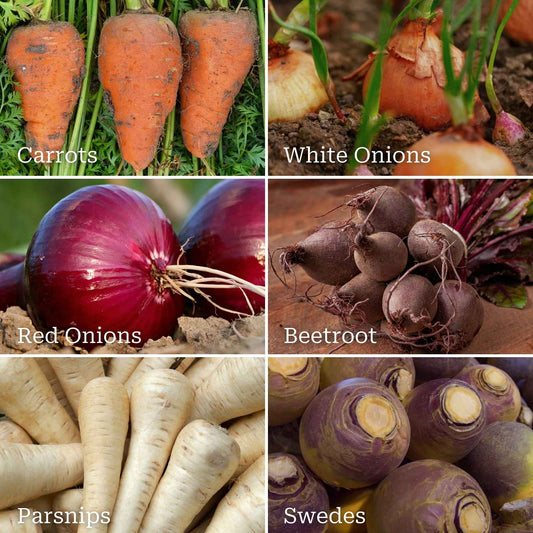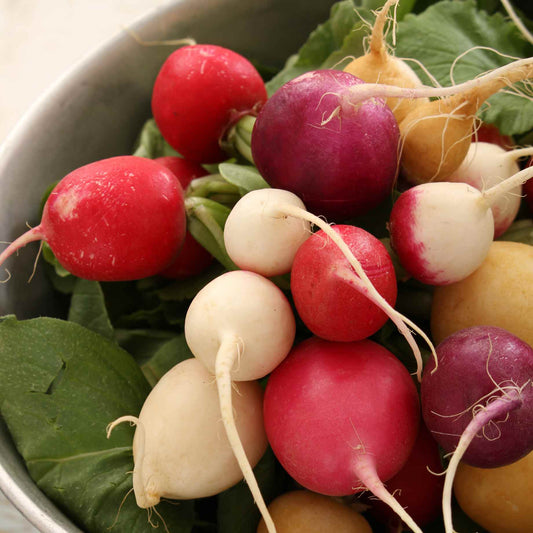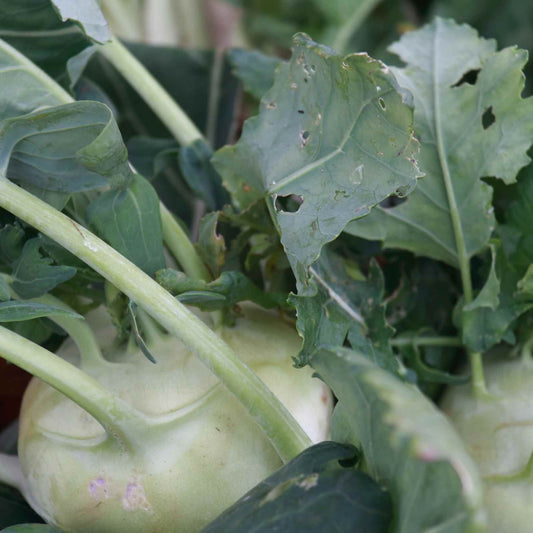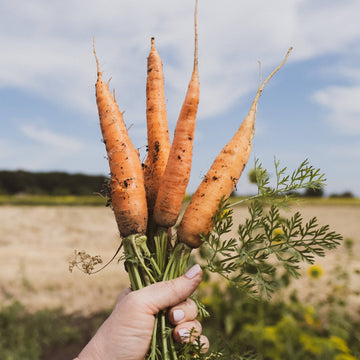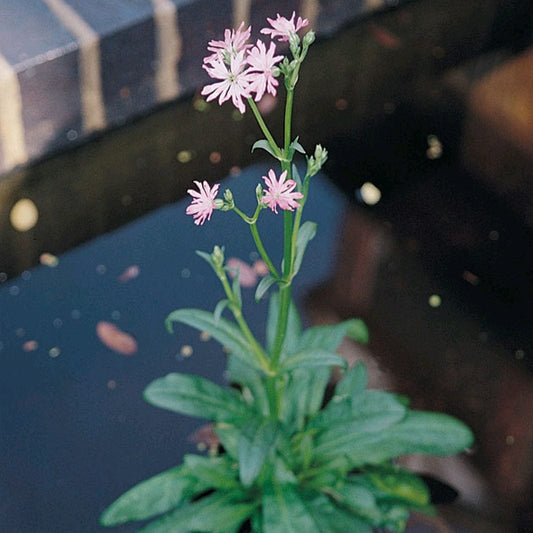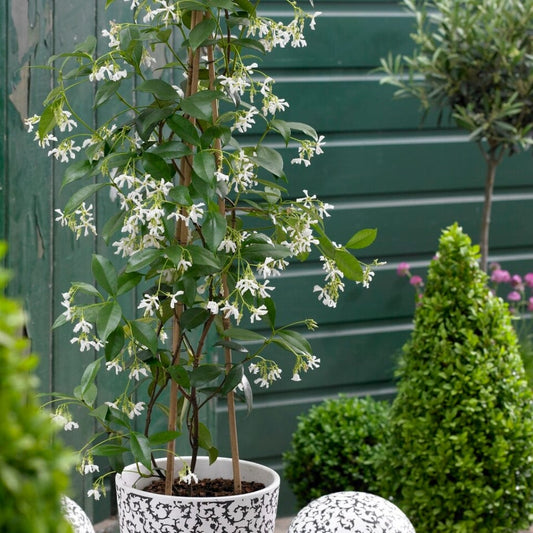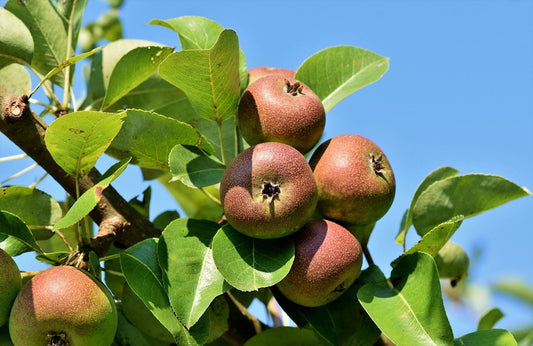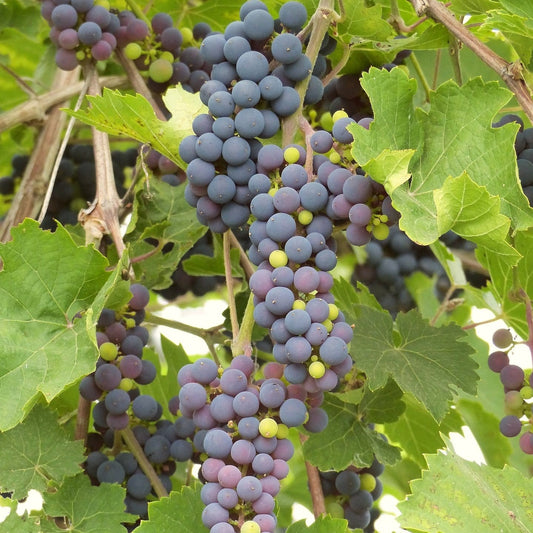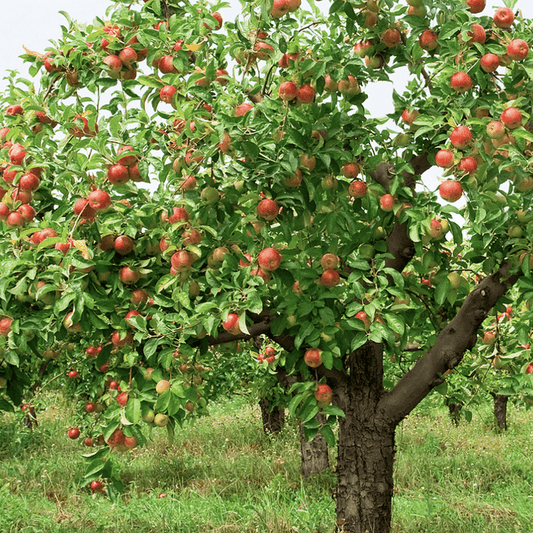Roots' Cotswolds Valley Nursery
Meet Alice
An experienced hand from seed to harvest
Alice is our vegetable grower here at Roots, and has a wealth of experience growing from seed through to harvest. With a background having worked at both the National Trust and Shakespeare’s gardens, Alice pairs time-honoured horticultural traditions alongside the very best modern techniques in our fabulous, purpose-built nursery in Evesham.
Need help picking?
Root Vegetable FAQs
When is the best time to plant root vegetables in the UK?
Root vegetables can generally be planted either in spring for a late summer harvest or in autumn for a winter or spring harvest, depending on the variety.
What type of soil is best for growing root vegetables?
The best soil for root vegetables is a well draining, loose soil with plenty of compost or manure mixed in. Carrots need to be planted in a soil that’s more on the sandy side.
How much sunlight do root vegetable plants need?
Root vegetables prefer to be in a sunny spot with at least six to eight hours of direct sunlight per day, but they can also thrive in locations with a little light shade, particularly if this is in the afternoon.
How often should I water my root vegetable plants?
Root vegetables need to be well watered to develop properly, but avoid waterlogging as this can cause problems. Watering deeply once or twice a week is usually enough, or more in hot and dry weather.
How do I know when root vegetables are ready to harvest?
Every root vegetable variety is different, but generally you can tell they’re ready when you see their tops peeping through the soil or their leaves start to die back. Check our individual root veg pages for more information on each type.
Can I store root vegetables after harvesting?
Root vegetables tend to be good for storage purposes. They last longest when kept in a cool, dark place such as a fridge or garage, but check the individual variety for more information.
Are there any special considerations for growing root vegetables in containers or raised beds?
Root vegetables can be grown very successfully in raised beds or pots, as long as they’re deep enough - at least 45cm deep is best. Use a loose soil or compost and make sure whatever container you use has drainage holes in the bottom. Plants grown in pots will need more regular watering than those in the ground.
How do I fertilise root vegetable plants?
Root vegetables benefit from a soil enriched with compost or well rotted manure at planting time. You can also give them a boost every month or so during the growing season, by feeding them with a general purpose plant or vegetable food. For more growers’ tips, check out our guide to growing carrots.
Fighting plastic waste
Delivering fresh from the nursery
Supporting UK growers
